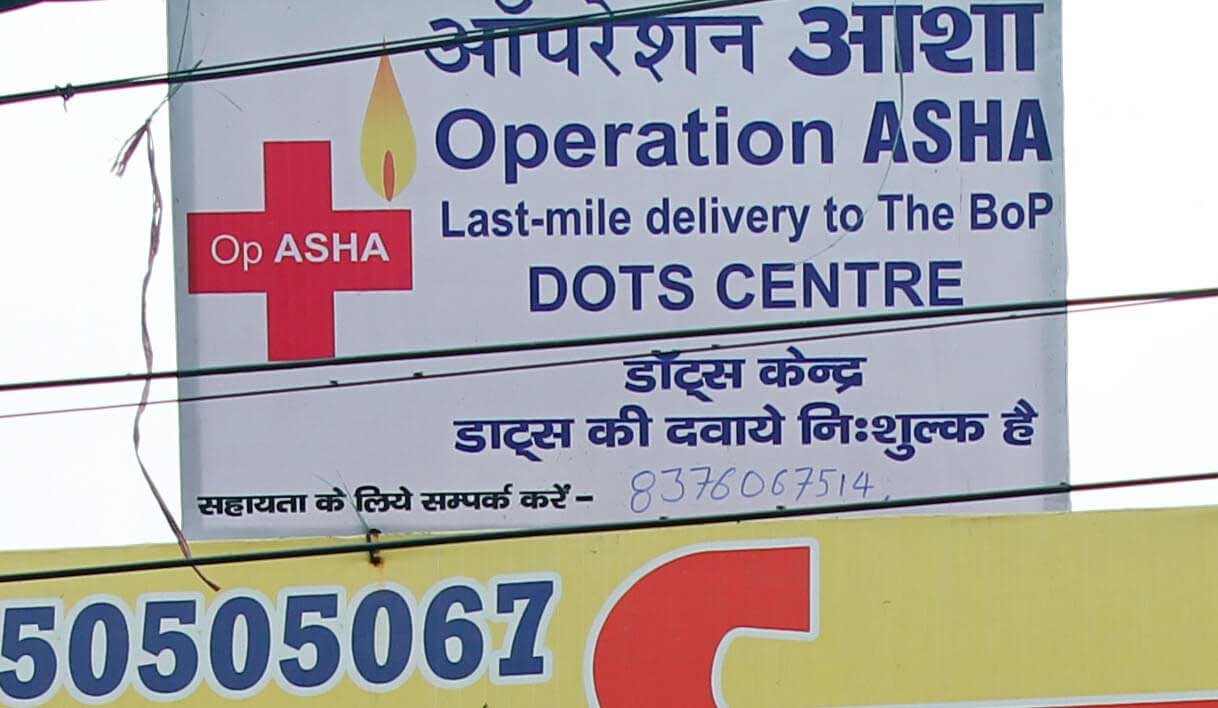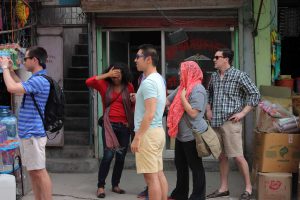Duke Global Executive MBA Student Blog

Broadening Health Care Perspectives with an MBA

This blog was written prior to the Cross Continent MBA program merger with the Global Executive MBA program.
Experiences shape your perspectives. When I was 12, my mom was diagnosed with transverse myelitis, a neurological disorder caused by inflammation in the spinal cord, which led to the paralysis of her right leg.
In addition to gaining a tremendous appreciation for the mobility we take for granted, my eyes were opened to how confusing and complex the healthcare system can be especially when a diagnosis is uncertain. This experience in part led me to pursue a career in health care; I first looked to practical vocations and then found my place in health care business management.
Why the Cross Continent MBA
My passion for health care was one of the many reasons I pursued the Duke Cross Continent MBA (CCMBA) program. In my current role as a consultant, I have learned that health plans, health care providers, life sciences companies, employers and policy groups continue to seek trusted sources of information on how to manage their most pressing challenges to provide affordable, easy-to-understand, proven and high-quality care.
While my current role is primarily focused in the U.S., health care is increasingly becoming global. The CCMBA program has been an ideal fit because of its unique nature of both the significant virtual aspect of distance learning, while also studying in the most important economic regions in the world. The experiences abroad have certainly expanded my perspectives on how to do business and how I view the health care system both in the U.S. and abroad.
Examining Health Care in India

Throughout the CCMBA program to date, I have visited a large hospital in Shanghai, a global life sciences company in Santiago, and most recently Operation ASHA (Op ASHA), in New Delhi. Op ASHA is an organization that is dedicated to bringing tuberculosis (TB) treatment and health services to the poor in India’s urban slums and rural areas. They are among the world’s largest NGOs in TB treatment and prevention, making these services available to more than 6.1 million people who have little access to basic healthcare, let alone medicines to treat TB. One-fourth of the world’s TB burden is in India, therefore it’s absolutely critical that there are resources to help treat and combat the disease.
Due to the importance of completing the lengthy TB treatment plan, the founders of Op ASHA developed a way to safeguard compliance. The TB med tracker, set up by Op ASHA, functions as an e-compliance biometric tracking system. The thumb printing technology serves as a low-cost technology that is supported by a simple business model, which has seen great initial success in India. E-compliance tracks every activity required to deliver high quality TB treatment, and it advises the health care worker to carry out pre-treatment counseling.
At first, the Op ASHA clinic my classmates and I visited seemed very small with very few frills. However, we learned that a small-scale localized health care provider model is needed in New Delhi due to lack of infrastructure and the rural patient population’s needs. If a patient doesn’t come in for his or her treatment, the provider will follow-up with the patient at their home. There is also a perceived negative stigma of TB, such as fear of infection and socioeconomic consequences, the providers need to help patients manage and break through. Under this scenario, a provider would need to fully understand the local culture and patient needs to provide the necessary care.
A Global Perspective

By traveling with the CCMBA program, I have learned about the unique challenges facing each market and how stakeholders seek personalized solutions to address the dynamic challenges. During our Culture, Civilization and Leadership course that spans the program, we learned how we are conditioned not to notice culture unless it’s different than our own; I feel that this concept applies to health care as well.
My own experiences and knowledge have shaped the expectations I have of the U.S. health care financing and delivery system. However, by learning about health care in other countries I have a stronger understanding of the issues that face health care organizations globally, and that there are many lessons to be learned.






